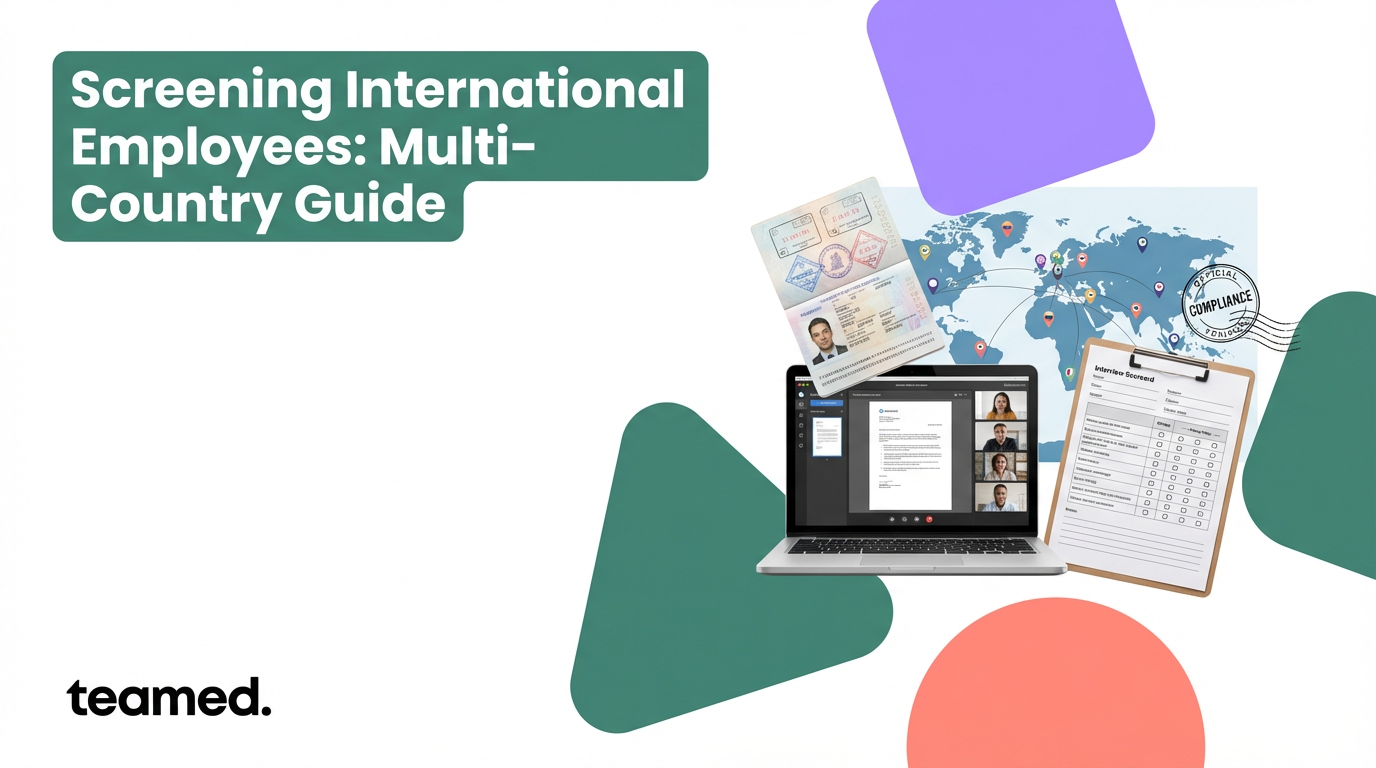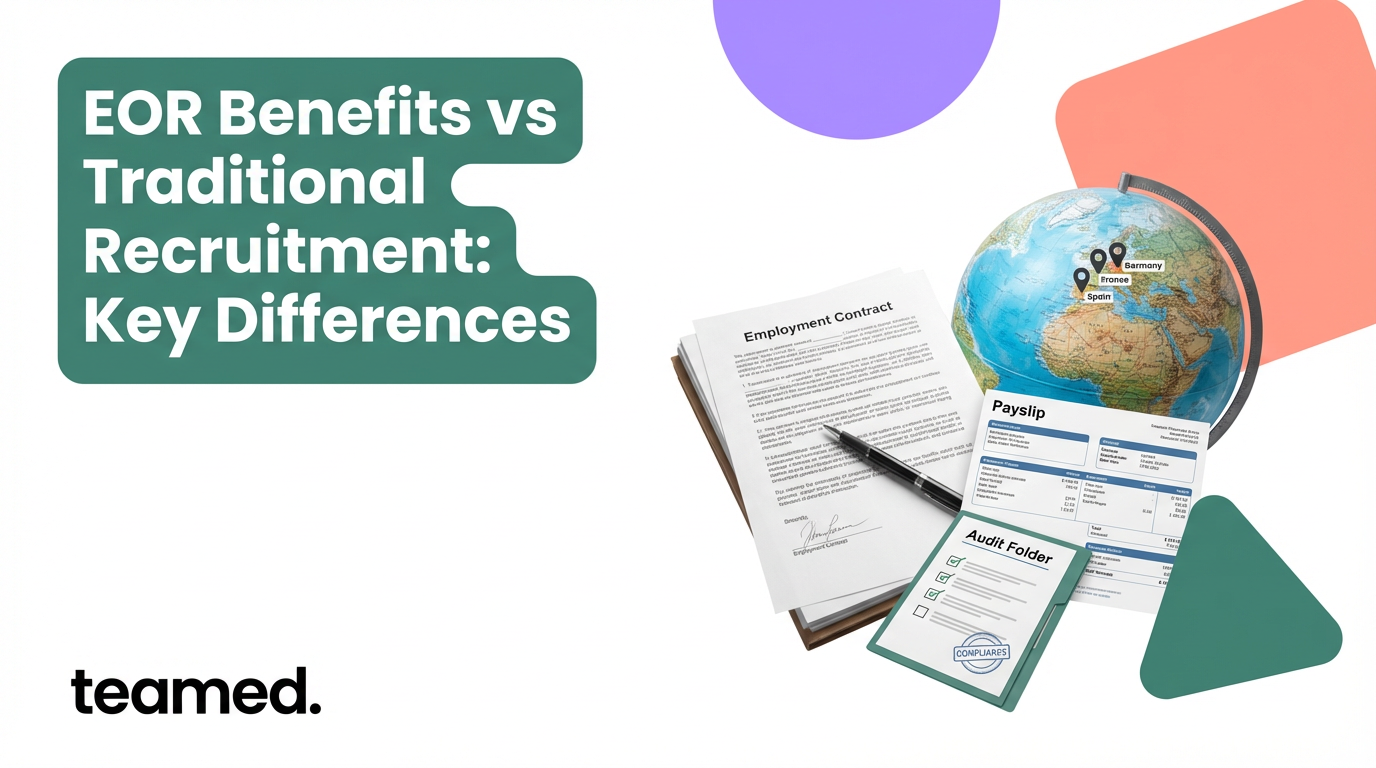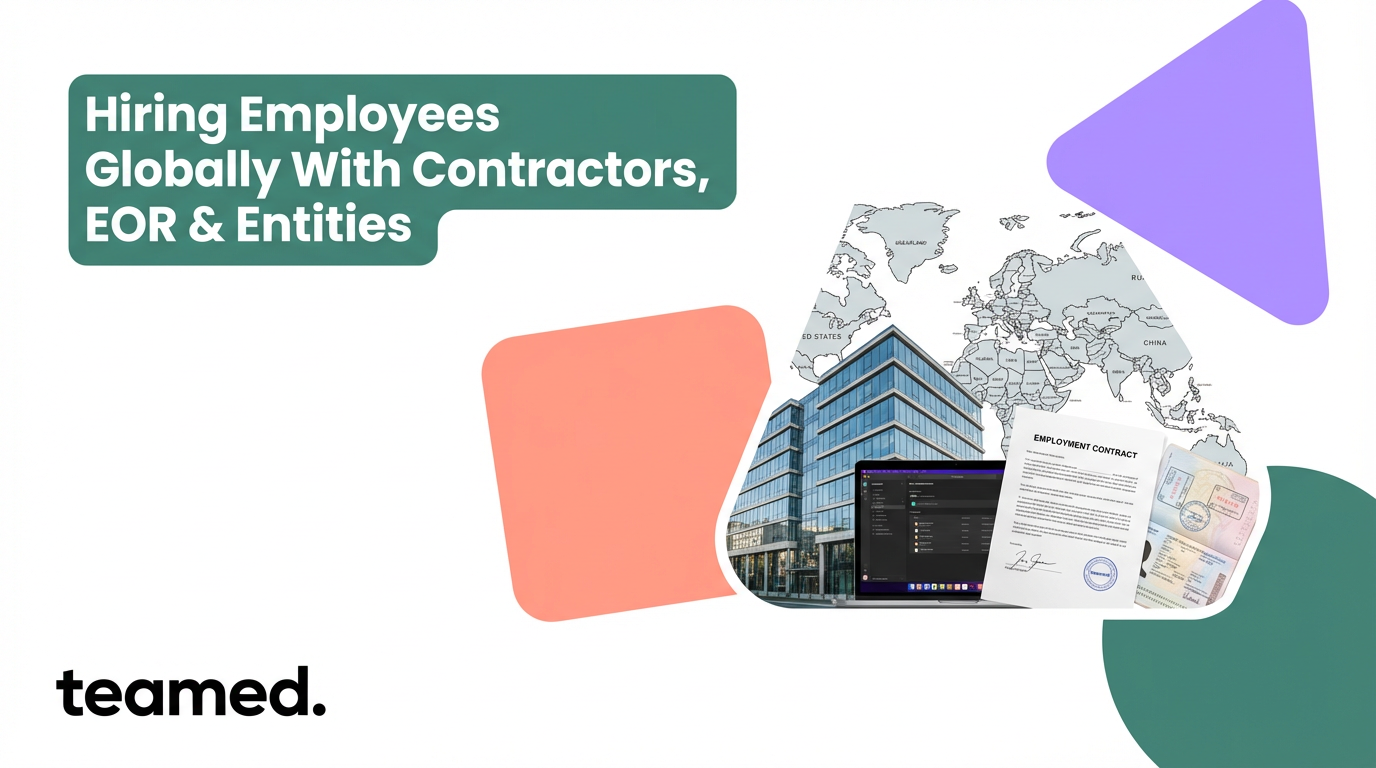If you're wondering what an employer of record is and when to utilise their services, you've come to the right place. An employer of record (EOR) is a third-party organisation that takes on an employer's legal and administrative responsibilities for a group of workers.
This allows businesses to delegate payroll, benefits administration, and compliance tasks to the EOR while maintaining day-to-day control over their workforce.
When you need to expand your business into new territories, hire remote employees, or navigate complex employment laws, an employer of record can be a valuable partner to simplify your operations and ensure compliance with local regulations.
Exploring Advantages of an Employer of Record to Drive Business Growth
Working with an employer of record (EOR) offers numerous advantages that greatly benefit your business. Firstly, an EOR takes on the legal and administrative burden of being the employer, relieving you of complex HR tasks.
They handle payroll processing, tax withholding, benefits administration, and compliance with employment regulations, ensuring your workers are paid accurately and on time while adhering to local laws. This frees up your time and resources, allowing you to focus on core business functions and strategic growth.
An EOR also provides expertise in navigating local labour laws, which is particularly valuable when expanding into new markets or hiring remote workers. They stay up-to-date with regulatory changes, mitigating the risk of non-compliance and potential penalties.
By partnering with an EOR, you gain access to their established infrastructure, technology, and network of local experts, streamlining your operations and reducing administrative overhead. Overall, working with an EOR empowers your business to operate more efficiently, remain compliant, and concentrate on driving your success.
Key Considerations Before Hiring an Employer of Record
Before hiring an employer of record (EOR), it's essential to consider several key questions to ensure the partnership aligns with your business needs. Here are some critical questions to ask:
Scope of Services:
Understand the scope of services provided by the EOR. Can they handle payroll, benefits, tax compliance, and HR administration? Clarify whether they offer additional services like employee onboarding and offboarding, performance management, or training.
Expertise:
Evaluate the EOR's industry experience and track record of success. How long have they been in business, and have they worked with companies in your industry? Inquire about their knowledge of local labour laws and regulations, especially if you plan to expand into new markets.
Employee experience:
Understand how they manage the onboarding process. Do they walk through contracts with employees one-to-one, or do they provide a digital content-only service. Will employees have an account manager, or is this not included as a service offering.
Flexibility:
Consider the flexibility of the EOR's offering. Can they accommodate your business needs, can they accommodate critical IP clauses ensuring local and international employees have the same covenants? Take care to assess their ability to adapt to your changing workforce requirements.
Global Reach:
If you have international operations or plan to expand globally, ensure the EOR has a global presence and can support you in various countries. Verify if they have coverage and expertise in the regions you operate or plan to expand.
Costs and Pricing Models:
Understand the EOR's fee structure and pricing model. Is it based on a percentage of payroll or a fixed fee? Ask how they calculate foreign exchange it’s not unheard of for major providers to give clients a rough ride on rates; ask how they calculate FX; is it the interbank rate? Additionally, do they charge for terminations? And ask about any additional fees or hidden costs to ensure transparency.
Data security and compliance:
Inquire about the EOR's data security measures and compliance protocols. Discuss how they handle sensitive employee information and ensure they adhere to data protection regulations, such as GDPR or CCPA.
Clientele:
Request client references from the EOR to gain insights into their performance, client satisfaction, and ability to deliver on their promises. Reach out to these references to validate the EOR's credibility and reliability.
Remember, thorough due diligence is essential when selecting an employer of record. By asking these questions and assessing their responses, you can make an informed decision that aligns with your business goals and ensures a successful partnership.
The Importance Of Understanding EOR Costs Before Making A Decision
Understanding the cost and pricing model of an employer of record (EOR) is of utmost importance when considering a partnership. Clear visibility into the financial implications allows you to make informed decisions and avoid surprises.
By comprehending the EOR's fee structure, whether based on a percentage of payroll or a fixed fee, you can accurately budget and plan for the expenses. It's also essential to inquire about additional fees or hidden costs to ensure transparency.








